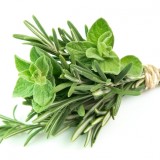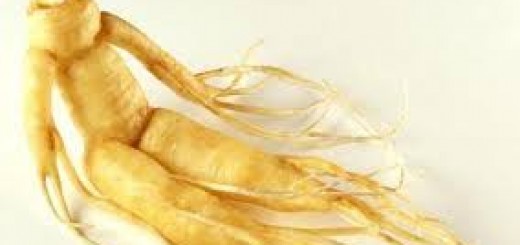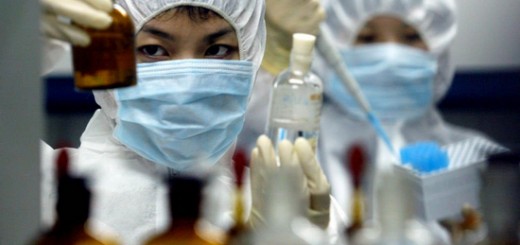Cancer cells are cells that have lost their ability to divide in a controlled fashion. A tumor consists of a population of rapidly dividing and growing cancer cells that progressively accrues mutations. However, tumors need a dedicated blood supply to provide the oxygen and other essential nutrients they require in order to grow beyond a certain size (generally 1–2 mm3). Therefore, tumors secret various various growth factors to induce blood vessel growth (angiogenesis). Vascular endothelial growth factor (VEGF) has been demonstrated to be a major contributor to angiogenesis, increasing the number of capillaries in a given network.
Angiogenesis not only provides nutrients through blood supply for tumor growth, but also gives access to cancer cells to migrate for distant spread. therefore, any processes involved in angiogenesis can become the target of new drugs in order to slow or stop the tumor growth and prevent the metastasis.
A research published on Chinese Journal of Gerontology (2006) reports that protopanaxadiol (PPD), the most potent ingredient in ginseng, has been found to be able to reduce the VEGF production and consequently decrease the new blood vessel sprouting in the mouse model of liver cancer.
In the study, the liver cancer was replicated on mice by injecting cancer cells under the groin skin, and PPD at doses of 25, 50 and 100mg/kg were injected intraperitoneally for 2 weeks, meanwhile, cyclophosphamide was used as the positive control. The results showed that the capillary density in all PPD groups was lower than the control group. Interestingly, PPD at a dose >50mg/kg even had a stronger inhibition on angiogenesis than cyclophosphamide did.
This study disclosed first time the inhibitory effect of PPD on angiogenesis in the liver cancer, and the results laid down a theoretical foundation for PPD’s clinical use in the liver cancer treatment.
Below attached is the abstract of the study.
Protopanaxidiol inhibits expression of VEGF and its mRNA in liver cancer
Objective: To study the inhibitory effects of Protopanaxidiol (Ppd) on vascular endothelial growth factor (VEGF) and its mRNA expression of liver cancer.
Methods: Liver cancer model animals were divided into control group, positive drug group, cyclophosphamide group, low, medium and high dosage of Ppd group (25, 50, 100 mg/kg), 10 ones in each group. After two weeks, the animals were killed to make histological section for immunohistochemical and hybridization in situ stain.
Results: Control group had increased tumor interstitial vessel density, the enhanced VEGF and mRNA expression positively relating to vessel density, while Ppd treatment group had decreased above indexes (P<0.01); and medium and high dosage of Ppd had stronger inhibitory effect than cyclophosphamide (P<0.01).
Conclusions: Ppd inhibits VEGF and its mRNA expression in tumor tissue and tumor angiogenesis, thus inhibits tumor growth.













































